Breaking the Stigma Against Men’s Health
June is Men’s Mental Health Awareness month and Belize is doing its part to end the stigma surrounding mental health. Today, over one hundred and sixty men gathered for a mental health conference. At this session, men were able to speak to a panel of experts on topics such as cancer, depression and anxiety. While News Fives Britney Gordon was not permitted to enter the men’s only safe space, she spoke with some of the panelists to learn more about the importance of bringing awareness to this topic and open the door for open conversation. Here’s that story.
Britney, Gordon, Reporting
Did you know that in 2022, seventy-three percent of suicides recorded in the country were committed by men. Every day, fathers, brothers, uncles and friends are struggling with their mental health all around us and they are too scared to talk about it. Today, that stigma is being torn down at the Men’s Mental Health and Cancer Awareness Conference. Doctor Ramon Yacab an oncologist, spoke with us about the concerning trend of cancer diagnosis in Belize.
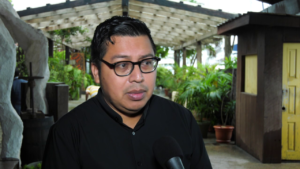
Dr. Ramon Yacab
Dr. Ramon Yacab, Oncologist
“Four Belize projections are that there are approximately around four hundred new cancer cases every year. Those four hundred new cases are for this year alone. In the next five, ten years, we’re expecting for it to double on a yearly basis. Now, the most common cancers, yes, include breast cancer, cervical cancer, prostate cancer, and if we were to do take an example, in a pie, almost half of all cancer cases are in men. The sad part is that only three in every ten patients that are coming in for clinic. Men are just not coming in. We’re not seeing that reflected.”
Doctor Yacab revealed that a large portion of male cancer patients are diagnosed with advanced stages. He says that the stigma against being tested contributes to this trend.
 Dr. Ramon Yacab
Dr. Ramon Yacab
“Is there a stigma? That’s a good question. And I do believe it has to do with culture. Men we generally see them as that strong family leader. Most of the times they are willing to sacrifice themselves but ensure that the rest of the family can go on. The breadwinners, if you may. So it’s a cultural, it’s a societal norm. And I think it’s deeply embedded and that’s something that we want to change. Certainly, there are other constraints, financial constraints, knowing that you need to do different tests, but most of the time it’s going to be more the norms that we have in society.”
For many men, a cancer diagnosis leads to depression and anxiety, as they grapple with providing for their family and fighting the disease. Stephen Duncan, a cancer survivor of over ten years, told us about his journey with prostate cancer.
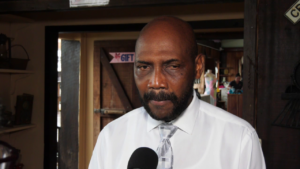
Stephen Duncan
Stephen Duncan, Cancer Survivor
“As cancer tends to lead to other things. It starts with one thing and can lead to other things. And the journey, and I think for a lot of men, this is where I think we need to learn. I think women are much better at the journey part. Men want things to be over and done with. They want finality. They bring things to an end. Unfortunately, it doesn’t work that way. And we need to learn how to take it one step at a time. I had to do that. I had to go through that. And not thinking that because you might have a bad day today that it’s the end. So the journey is very important. And I think this panel that I am sitting on Dealing with the mental aspect of it is very important as we fight and deal with cancer because it helps us to go beyond what the physical sign like you’re telling us and playing the mental game. There is a mental, psychological aspect and we have to be able to deal with it.”
The event was a men only safe space so that participants would not be ashamed to talk about their health issues. Kim Simplis-Barrow, president of the Belize Cancer Society, told us more about that decision.
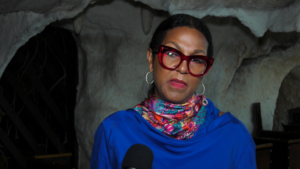
Kim Simplis-Barrow
Kim Simplis-Barrow, President, Belize Cancer Society
“We live in a much is more culture and a lot of times men don’t feel comfortable talking about mental health issues or even health issues. And so for us it was important to create a safe space for men to listen to the panelists to have interactions and have questions with our panelists. And so what we did is we did our official opening of the ceremony and after the official opening, we exited the females in the room exited the room and we left the male men in attendance and the panelists and the speakers to have their discussion openly and in confidence, if it’s I think it’s I think it’s important.”
According to Stephen Duncan, men tend to shy away from others about their feelings, making it difficult to form a support system.
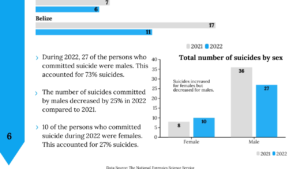 Stephen Duncan
Stephen Duncan
“I don’t think we talk to other men, possibly don’t want anybody to know. I think it’s a weakness. And I have developed sufficient confidence over the years, I think following my diagnosis and my treatment to be able to encourage other men, which I try to do whenever I am aware of a situation.”
The conference was organized by the Belize Cancer Society, the Ministry of Health, PAHO, and Belize Health Care Partners. Doctor Jorge Hidalgo, a critical care specialist, says the goal is to encourage men to get tested annually.
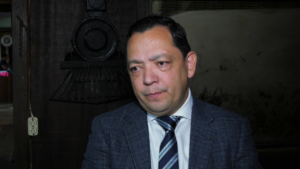
Jorge Hidalgo
Jorge Hidalgo, Internist & Critical Care Specialist
“Moving forward for the culture of men’s health and beliefs. Miss Kim Simplice Barrow, as she’s the president of the Cancer Society. And she asked me, along with a few more in the group, to lead a men’s initiative for cancer awareness, for cancer advocacy, for cancer prevention. And that’s the most we want to achieve today. Is to have everybody to be aware of the importance of early recognition, early detection, and also at the end of the day, we are going to launch the initiative of Men’s for Cancer Initiative with the main purpose of that advocacy. Also early detection and trying to create awareness around the men’s community about cancer.”
Britney Gordon for News Five.





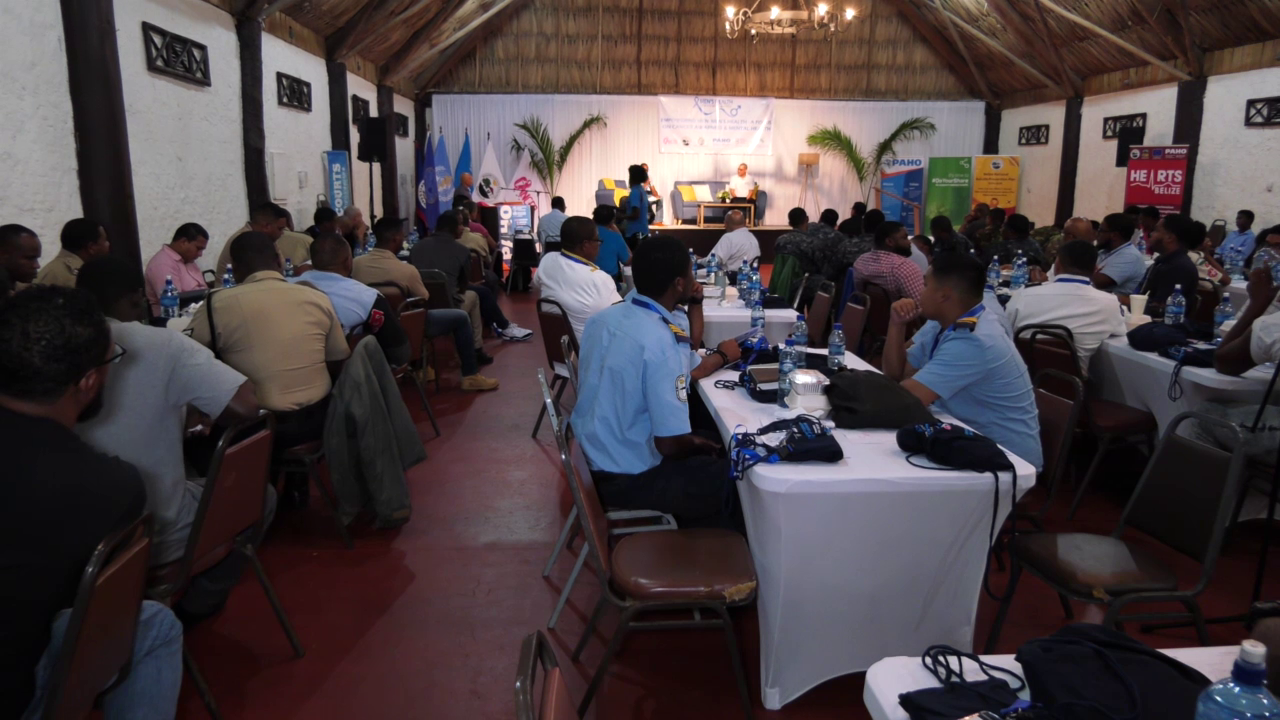
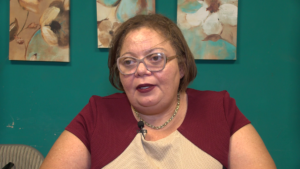
Facebook Comments